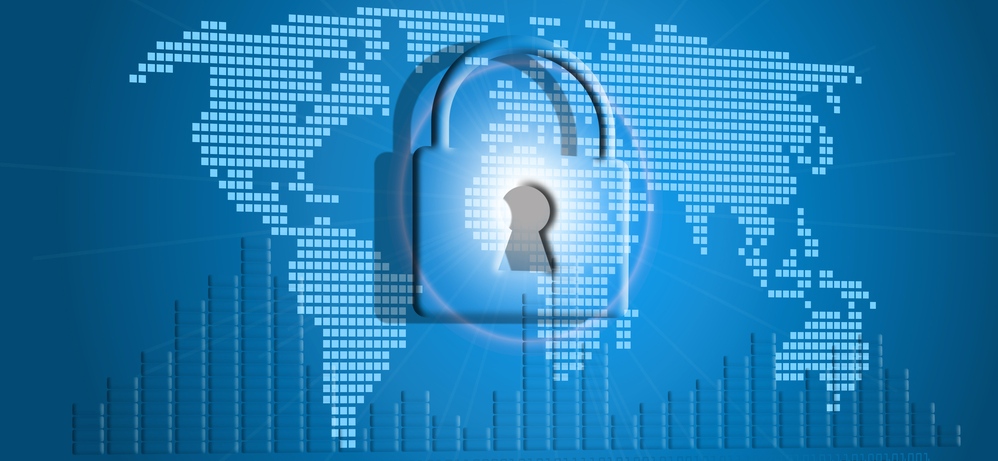Remember when the only thing we had to worry about in terms of daily security was locking our doors before leaving the house? Well, the times have changed, and while technology has given us many wonderful things–so many that it’s hard to even imagine a world without smartphones and 24/7 connectivity–it has also provided a platform for hackers to unleash cyberattacks on personal information. Stolen passwords and credit card data, private message and email leaks and identity theft are unfortunately becoming more commonplace in today’s digital world.
Since completely unplugging and living off the grid is pretty much impossible in today’s day and age, we’ve outlined some helpful tips to keep your personal information safe, and what you can do in the event that you fall victim to a hack.
Cybersecurity Breach #1: Your credit card data was stolen from PF Changs, Home Depot, Target, Staples, JP Morgan Chase, etc…

Shopping is great, but not when it’s a stranger using your credit card. Lately, it seems like every other day a new company falls victim to their customers’ financial data being stolen. Supervisory Special Agent Jason Truppi of the FBI claims that nearly 519 million records were stolen in the past 12 months alone.
There are a few things you can do in this situation to prevent serious damage. First, closely monitor your credit card statements. This has become much easier thanks to online banking and the elimination of paper records. Should someone steal your information, you can see the transactions posted the same day, rather than having to wait until the end of the month for a hard copy of the statement. Downloading your bank or credit card company’s app is a simple way to ensure you have access to this important financial information. If you’re regularly checking your account online, you’ll be able to spot fraudulent activity quickly, so you can call your bank and let them know that your credit card information was stolen. Have these phone numbers handy so you can cancel the card, or at least let them know that the account should be monitored for fraudulent activity. It’s also worthwhile to shop around and find a credit card with good customer service reviews. When it comes to not paying for fraudulent charges, you want a company that has a track record of helping their customers remedy the frustrating situation as quickly as possible.
Cybersecurity Breach #2: Your social media passwords were stolen by the Heartbleed, or another cyberattacking bug.

Whether it was the Heartbleed bug back in April or the “Poodle” bug that’s recently been gaining widespread media attention, social media platforms are often vulnerable to hackers. This personal invasion of privacy is a nuisance for users who may lose access to accounts or have their prized digital assets like Facebook photo albums or Instagram posts deleted. This is especially damaging if you’re a community manager in charge of a brand’s social media assets. To limit this risk, the obvious first step is to choose strong passwords, and diversify them across all your accounts. Multi-phrase passwords offer the highest level of security. Read more about creating a strong password here. If you want added security, there’s a plethora of different password management programs that can help. It’s also important to pay attention to the news and stay on top of these breaches and bugs, and to change your passwords frequently.
Cybersecurity Breach #3: Your embarrassing Snapchat photos were leaked.

The good news? You’re not alone: Nearly 4.6 million users may have been affected by the recent hacks. While your not-so-flattering selfies may now be available for the world to see, use this as a learning opportunity and ensure it doesn’t happen again. The Internet is written in ink, not pencil, so even though your embarrassing pictures may disappear after 10 seconds, there’s no way to guarantee that they weren’t saved by the recipient, or an uninvited third party hacker. Use your best judgement when it comes to sending Snapchats, or any other digital photos for that matter.
While the increasing shift to an all-digital world makes many things in our lives much easier, it also opens up the arena for hackers to steal our personal information. Think carefully about the choices you make in your digital life, like only visiting identity verified sites (https – look for the green lock) and being cautious about the data you share online. Keep in mind that just because a site looks official doesn’t mean it is, as was the case with the recent iCloud hacks. Should you fall victim to a security breach, heed our advice outlined here to alleviate the situation as best as possible.
Do you have any tips for staying safe and secure online? Let us know on Twitter.
–Bristol Whitcher


